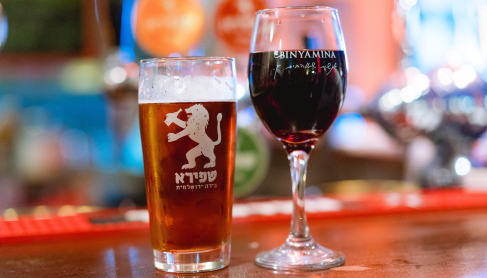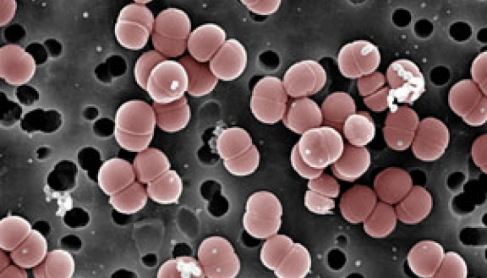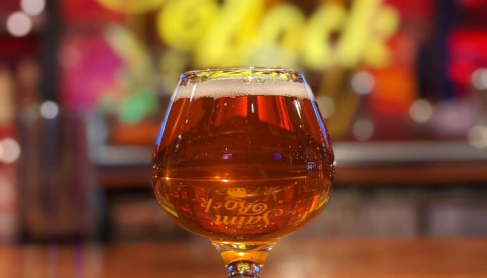5 Tips for Successful Spontaneous Fermentation
March 14th, 2023
Tip 1: Be patient
It takes time to get the best out of mixed fermentation beers. Wild yeasts work slowly and it can take months or even years for the flavours to develop, so it is important to allow a longer fermentation period for the wild yeasts to finish their work. In addition, wild yeast can produce more complex aromas and flavours, which may require adjustments in the recipe to balance the beer’s profile.
Tip #2: Get separate equipment
Because the fermentation process will take so long, you won’t have another fermenter at your disposal if you only have one. If you use the same fermenter, I recommend using a glass or metal fermenter. Plastic has a bad habit of retaining odors and scratching more easily, making it harder to clean. You also risk contaminating a future brew. It doesn’t take much wild yeast to contaminate a beer, so clean your equipment well!
Tip 3: Make several different brews.
The beauty (and also the flaw) of mixed fermentations is that it’s hard to predict the end result. The presence of different microorganisms is one cause of this problem. If you make several different brews, you can blend and save a brew that would otherwise probably have ended up in the drain. For example, a brew that is too acidic or contains too much tannin can be softened by diluting it with a milder brew. For best results, use high-quality ingredients. Mixed fermentations can bring out the complex flavours of grains, hops and fruits, but they must be of the highest quality to be fully appreciated. Opt for fresh, high-quality ingredients, such as fresh hops, local seasonal fruits and high-quality grains, to create exceptional beers.
Tip #4: Don’t buy oak barrels.
First of all, it’s difficult, and probably more expensive, to get a reasonably sized oak barrel. The ones you see in breweries can hold at least 200 liters of beer! Furthermore, they require a lot of space to store, they must be filled to the top, and they are very time consuming to maintain. The inside of such a barrel must be kept moist, otherwise it will start to leak and the risk of mold growth will increase. Finally, you need the approval of your significant other, which is not always easy! The good news is that there are simple solutions to replace these barrels. Badmotivator Barrels produces reusable and affordable mini barrels. Personally, I use oak chips. One ounce of these chips added to the beer a week before bottling is enough to give you a woody taste similar to a barrel.
Tip #5: You don’t have to be a microbiologist to do mixed fermentations!
You can buy ready-to-use ferments and even ready-to-use ferment blends. Ask your home brew supply store. Even easier, if you’ve tasted a really good mixed fermentation beer at home, save the bottom of the bottle. You can even add fresh fruit (that you grew or picked yourself) and the yeast and bacteria on the surface of it will do the job. That said, still be careful of cross-contamination: wild yeasts are everywhere in the environment, so it is important to take steps to avoid cross-contamination with other brews. You can buy ready-to-use ferments and even ready-to-use ferment blends. Ask your favourite home brew supply store. Even easier, if you’ve tasted a really good mixed fermentation beer at home, save the bottom of the bottle. You can even add fresh fruit (that you grew or picked yourself) and the yeast and bacteria on the surface of it will do the job. That said, still be careful of cross-contamination: wild yeasts are everywhere in the environment, so it is important to take steps to avoid cross-contamination with other beer brews. This can be done by thoroughly cleaning and sanitizing brewing equipment and avoiding practices that can introduce unwanted wild yeast into the brew.
Tip #6: Write to me.
I’ll be happy to help! jclnlachance@gmail.com. I look forward to hearing from you,
Jocelyn Bernier-Lachance is a home brewer with a decade of experience. He is also a microbiologist who has worked for Lallemand, Gallicus microbrewery and Beer Grains. Today, he wants to share his experience with you to spread his passion for microorganisms and fermentation.
Jocelyn Bernier-Lachance M.Sc., Mcb.A.
Photo by: Magnus Jonasson







